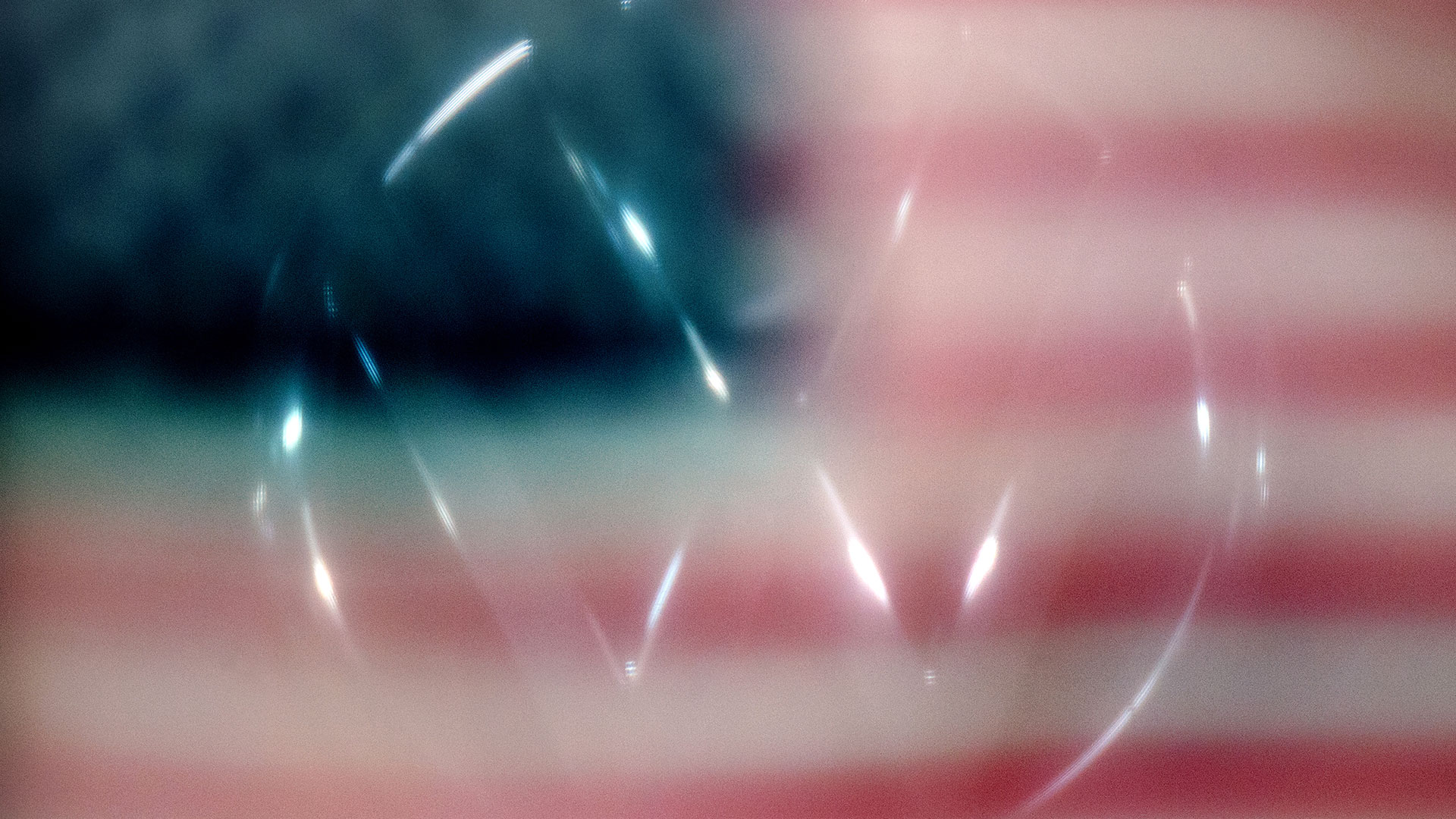

Volkswagen is expected to announce a Dieselgate settlement today worth around $14.7 billion, and that could result in payments topping $10,000 for many VW vehicle owners. It will come as the largest in a series of recent, high-profile settlements involving automotive safety and emissions scandals. It will include at least $10 billion in compensation for owners, $2.7 billion for environmental mitigation and another $2 billion to fund a green car development project.
The figure was more than covered by the 16.2 billion euro, or $18.2 billion charge Volkswagen took against 2015 earnings. And it’s significantly less than the hit some industry analysts had been predicting in recent months. But it doesn’t come close to resolving all of the automaker’s legal or financial headaches.
VW still faces criminal and civil challenges in Germany and a number of other countries. And the European Union’s industry commissioner, Elzbieta Bienkowska told the German newspaper Welt am Sonntag that “Volkswagen should voluntarily pay European car owners compensation that is comparable with that which they will pay US consumers.”
Considering the $14.7 billion U.S. settlement covers less than 500,000 of the approximately 11 million vehicles VW equipped with so-called “defeat device” software around the world, a broader settlement could push the carmaker into bankruptcy, said Joe Phillippi, chief automotive analyst with AutoTrends Consulting.
“That would be a massive hit,” said Phillippi, though he added that he expects the German government would aggressively resist such a proposal if it were laid out as part of an EU settlement.
Meanwhile, the settlement that will be presented to the court on Tuesday does not appear to cover a smaller number of VW, Porsche and Audi models equipped with a 3.0-liter turbodiesel engine. That deal is still thought to be several months away.
The settlement doesn’t cover additional lawsuits by dealers and Volkswagen shareholders, either, both claiming substantial losses in the wake of the scandal.
Barring major settlement costs in those cases, said sources within the company, VW should be able to absorb additional costs related to fixing the diesels it has sold outside the U.S. The timing of repairs for those models sold in the States has still not been locked down, however.
And how many VW owners will choose to have repairs made rather than have the company buy those vehicles back remains to be seen. Depending upon what motorists decide, the final cost of the settlement could actually dip below the $14.7 billion cap.
As it stands, the settlement is believed to call for owners of 2009 to 2015 model-year vehicles equipped with VW’s 2.0-liter turbodiesels to receive at least $5,100 in compensation along with the estimated value of those vehicles. The price is based on what those cars were worth in August 2015, a month before the scandal broke. Since then, the value of the typical VW model has dropped by about 19%, according to various used car tracking services.

While the settlement puts things into clear financial terms, the cost to Volkswagen is not that easy to calculate. The automaker’s U.S. sales have tumbled by double-digits since the maker confirmed charges by the EPA that it had rigged its 2.0-liter diesel to produce lower emissions during testing. That and the larger diesel engine accounted for about a quarter of VW’s total U.S. sales.
Whether it can regain the trust of buyers is far from certain, said David Sullivan, an analyst with AutoFacts consulting. Even before the scandal broke, VW was “little more than a niche” brand in the U.S., and it is likely to find it hard to gain momentum any time soon, Sullivan said.
Industry observers believe that even in Europe, where the emissions scandal didn’t generate quite the controversy, VW’s diesels are losing momentum. That helps explain the maker’s announcement earlier this month that it plans to launch at least 30 battery-based vehicles by 2025. That includes models like the battery-electric version of the tiny Volkswagen Up! as well as a plug-in hybrid Bentley Bentayga SUV and a pure battery-electric sports car, the Porsche Mission E.
At the same time, VW is also expected to drop as many as 40 different models over the next few years, or about 12% of the total Volkswagen Group line-up. And that’s what worries analyst Sullivan, who fears the cost of the diesel scandal could mean fewer new products while older models are kept on the market longer, making them less competitive.
And if the remaining lawsuits and criminal investigations drag out and draw even bigger fines and settlements, the impact could yet be more severe. Some financial analysts have forecast VW may eventually have to sell off some assets to raise additional cash.
For now, Tuesday’s settlement appears to mean some belt-tightening but it won’t leave VW starved for cash.